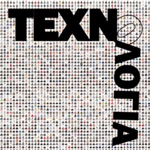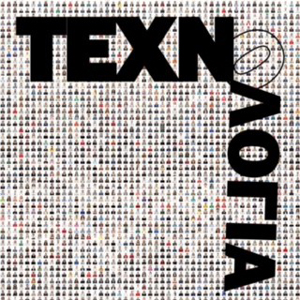What Would Mark Fisher Think of the World in 2023? Adam Harper, δημοσίευση στο ArtReview [5/1/2023]

The sense that there can be no alternatives continues to persist, even if they are no longer quite as confidently underwritten by neoliberal ideology
A second edition of Mark Fisher’s Capitalist Realism: Is There No Alternative? (2009) seemed inevitable by the end of the 2010s. If the steadily increasing stature and relevance of the book itself hadn’t assured it, then it would have been the wave of grief that followed Fisher’s death in January 2017, whose intensity signalled to others how important a figure he had become in contemporary cultural criticism and the theorization of political alternatives. While Fisher wrote other books (Ghosts of My Life in 2014, now appearing in a second edition also, and The Weird and the Eerie, 2016), and his work has been released posthumously (K-punk: The Collected and Unpublished Writings of Mark Fisher 2004-2016, 2018, Flatline Constructs: Gothic Materialism and Cybernetic Theory-Fiction, 2018 – Fisher’s 1999 doctoral thesis – and Post-Capitalist Desire: The Final Lectures, 2021), Capitalist Realism remains the centrepiece of Fisher’s comparatively short but indispensable contribution to British cultural theory, and probably the most succinct expression of his position.
Fisher’s complaint that contemporary culture had stopped being able to imagine alternatives to neoliberal capitalism, and that the drudgery of its working environments and banal aesthetic offerings produced an affect of combining boredom, stress, depression and stimulation-seeking he called ‘depressive hedonia,’ was familiar with the readers of his blog K-punk in the late 2000s. But it took the publication of Capitalist Realism in 2009 to crystallise this thinking and present it to a wider audience. The book was published by Zer0, an imprint Fisher had recently started with Tariq Goddard, and might only have reached fellow travellers – those shut out of what Fisher saw as the self-righteous dilution that now sat in the place once occupied by leftist politics and a genuinely adventurous, non-patronising popular culture. For Fisher, this seemingly hegemonic status quo legitimated itself as a kind of realism, the understanding being that there was – QED after Fukuyama’s end of history, the rise of New Labour and the marketisation of the BBC and higher education – no other way to organise post-industrial society and the imaginations of the individuals that would comprise it. As Fisher puts it, ‘the “realism” here is analogous to the deflationary perspective of a depressive who believes that any positive state, any hope, is a dangerous illusion.’ Such critiques were broadly familiar from the earlier critical theory that Fisher thinks with, especially Slavoj Žižek and Fredric Jameson (perhaps the two biggest influences), but Fisher was able to tune this perspective to the very particular affective milieu of the late 2000s, its discourses and cultural texts, while also bringing in reflections on mental health and the challenges facing teachers that came from personal experience. The overall result made the problems and impasses of the present bracingly recognisable.
Η συνέχεια εδώ.





